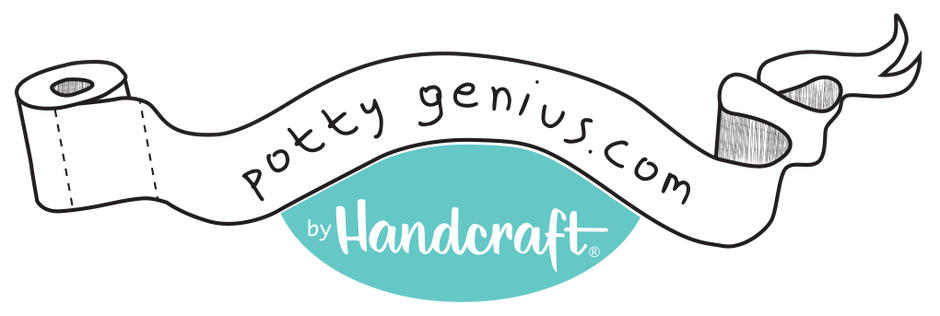Should Toilet Training Focus on Urination or Bowel Movements ?
You should not begin potty training until your child has developed some control. If his bowel movements are very predictable, you might want to start there. If not, or if he goes only once a day, you might want to focus on urination. Most children learn either way, eventually, without significant difficulty. Troubles can develop in some children no matter how they are trained. Children who learn to hold onto their stool can develop stool retention and constipation. Other children cannot stay dry at night and continue to wet the bed for years. You can talk to your child’s doctor about these problems. If any approach significantly upsets your child, you may just need to take a break from training and return to it later.
When you toilet train your child, are you trying to get him to pee in the potty first, poop, or both? Obviously, everything eventually needs to go into the toilet, but different toilet training methods focus on different types of elimination. Seventy-five years ago, parents obsessed over getting their children bowel trained, sometimes in ways we would consider coercive now. Changes in ideas about
toilet training from the 1950’s on led to more relaxed and permissive approaches considering a child’s readiness. Later, fast toilet training methods based on Azrin and Foxx’s 1977 book (“Toilet Training in Less Than a Day”) focused on getting a child to urinate into the potty. Now, most of the child-oriented and readiness-based training recommended by groups like the American Academy of Pediatrics helps children learn both at more-or-less the same time, depending on their development. Does it really matter? The difference between the way bowel and bladder control development and function is a good place to start answering that question.
Bowel and Bladder Control
Start by thinking about yourself. If you are in good health, what can you hold longer? Most people can put off having a bowel movement, but head straight for the bathroom when they have a full bladder. Also, adults usually have at least somewhat regular, predictable bowel movements. The sphincter, or opening, allowing you to hold onto or release a bowel movement is stronger than the urinary sphincter, leading to more control over a bowel movement. Stool can arrive a number of times a day but not be passed. Urine is constantly being produced and collected in the bladder, which usually lets you know when it needs to be emptied. You may urinate more or less frequently depending on your fluid intake and activity level, but you almost certainly do so many more times each day than the number of times you move your bowels. You are also very likely to urinate right before, after, or while moving your bowels. All of this is increasingly true for children as they develop. Also, there is a sequence in which they usually gain control: first of the bowels at night, then bladder during the day, then bowels during the day, and finally the bladder at night. This varies from
child to child.
How Are You Going To Train Your Child?
If you are letting your child learn how to use the potty at his own pace, you may have him sit on it periodically during the day. Put him there when you expect a bowel movement. You can learn his normal time to poop as his body matures. He will also usually give you clues such as grunting, grimacing, or squatting to indicate he is about to go. This may only be three or four times a day, depending on his age. If he goes in his underwear or somewhere else, you can take the poop to the potty or toilet and show him where it belongs. However, some children are very attached to stool as something they produced and get upset. They do not usually feel that way about urine. On the other hand, your child urinates much more frequently. You will have more chances in a day to catch urine than stool. You can encourage your child to sit on the potty after being dry for a few hours, and around 45 minutes after a meal or drinking a lot of fluid. You can also increase the amount your child needs to pee by giving him more to drink. For this reason, fast toilet training methods focus on
urination. You give your child lots of salty foods and drinks and then keep leading him to the potty. Your child may have success earlier this way. Proponents of quick toilet training focusing on urination say that children usually poop and pee close to the same time and that pooping in the potty follows naturally. Some children quickly connect peeing in a potty to pooping in a potty or vice versa. Others seem to take more time.
So What Should You Do?
You should not begin toilet training until your child has developed some control. If his bowel movements are very predictable, you might want to start there. If not, or if he goes only once a day, you might want to focus on urination. Most children learn either way, eventually, without significant difficulty.
Troubles can develop in some children no matter how they are trained. Children who learn to hold onto their stool can develop
stool retention and constipation. Other children cannot stay dry at night and continue to
wet the bed for years. You can talk to your child’s doctor about these problems. If any approach significantly upsets your child, you may just need to take a break from training and return to it later.
Additional Potty Training Resources:
Pediatric Toilet Training A Potty Training Age Readiness Guide

